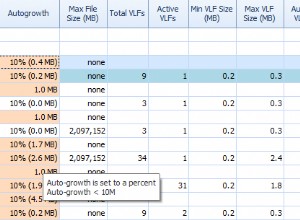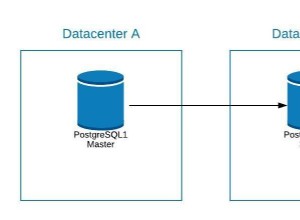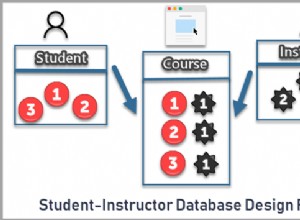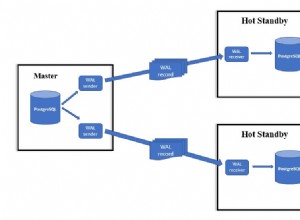Para isso, a melhor solução possível é converter em bytes usando o padrão IEEE754-1985 usando comandos SQL.
Primeiro é necessário verificar casos especiais definidos pelo padrão IEEE754-1985. Depois é só seguir o algoritmo padrão para converter se não for em nenhum caso especial. O código de exemplo está abaixo.
As entradas são
bytea_value bytea, is_little_endian boolean então divida em 4 bytes como abaixo: byte_array[0]:= get_byte(bytea_value, 0);
byte_array[1]:= get_byte(bytea_value, 1);
byte_array[2]:= get_byte(bytea_value, 2);
byte_array[3]:= get_byte(bytea_value, 3);
Em seguida, obtenha o valor binário considerando little endian ou big endian
IF is_little_endian THEN
binary_value:= byte_array[0]::bit(8) || byte_array[1]::bit(8) || byte_array[2]::bit(8) || byte_array[3]::bit(8);
ELSE
binary_value:= byte_array[3]::bit(8) || byte_array[2]::bit(8) || byte_array[1]::bit(8) || byte_array[0]::bit(8);
END IF;
Agora verifique se há casos especiais:
IF binary_value = '00000000000000000000000000000000' OR binary_value = '10000000000000000000000000000000' THEN -- IEEE754-1985 Zero
return 0.0;
END IF;
sign := substring(binary_value from 1 for 1);
exponent := substring(binary_value from 2 for 8);
mantissa := substring(binary_value from 10 for 23);
IF exponent = '11111111' THEN
IF mantissa = '00000000000000000000000' THEN -- IEEE754-1985 negative and positive infinity
IF sign = '1' THEN
return '-Infinity';
ELSE
return 'Infinity';
END IF;
ELSE
return 'NaN'; -- IEEE754-1985 Not a number
END IF;
END IF;
Se não pertencer a nenhum caso especial, basta convertê-lo conforme abaixo:
exp := exponent::int;
IF exp > 126 THEN
exp := exp - 127;
ELSE
exp:= -exp;
END IF;
WHILE mantissa_index < 24 LOOP
IF substring(mantissa from mantissa_index for 1) = '1' THEN
result := result + power(2, -(mantissa_index));
END IF;
mantissa_index = mantissa_index + 1;
END LOOP;
result := result * power(2, exp);
IF(sign = '1') THEN
result = -result;
END IF;
return result;




